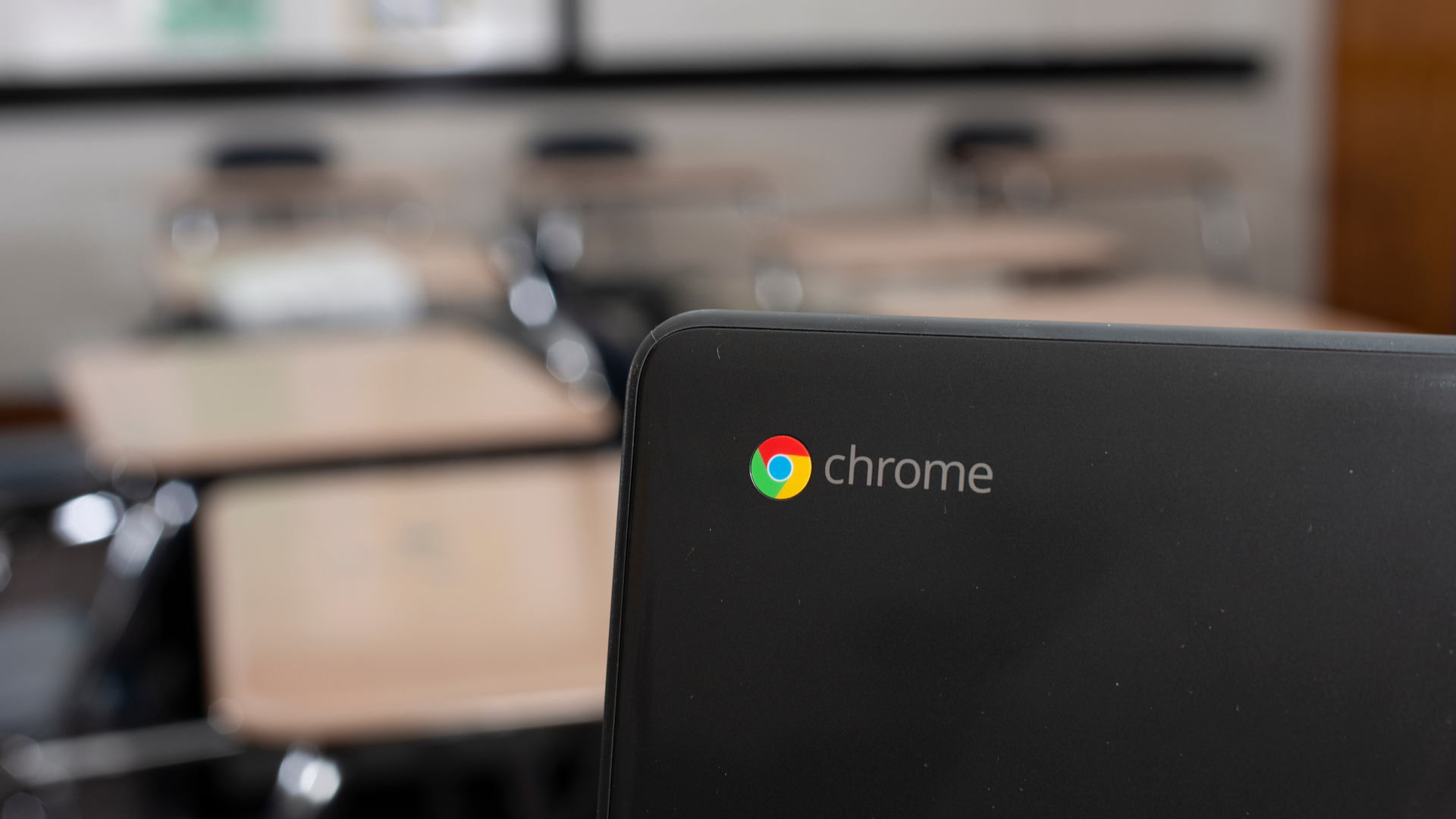Linux on Chromebooks set to finally exit beta soon
Linux feature due to shed beta tag in Chrome OS 91

Google has announced that the Linux support on Chromebooks will finally be coming out of beta with its next Chrome OS release, due in a couple of weeks.
Linux support for Chromebooks has spent over three years in beta, but is finally considered stable enough to step into the limelight with the upcoming Chrome OS 91.
Although it is positioned as a developer feature, it enables users to run native Linux apps on their Chromebooks.
- Check our list of the most popular Linux distros
- Also take a look at the best Linux laptops for running Linux
- And, these are the best laptops for programming
“There have been lots of updates over the last year, including a new terminal app, better USB support, configurable port forwarding, and a whole lot of work on performance and stability,” Emilie Roberts, Developer Advocate with the Chrome OS team said at the company's recent Google I/O conference announcing the feature.
Coming of age
Officially known as the Linux Development Environment (LDE) the feature was designed to make Chromebooks a viable platform for developers, pretty much like Windows Subsystem for Linux.
However, it didn’t take long for Google to enable users to leverage the environment to run graphical Linux apps. In addition to running graphical integrated development environments (IDE), this enables users to run all kinds of Linux apps on their Chromebooks.
For what it’s worth, the LDE is still an optional feature and runs inside a container that takes up quite a bit of storage space, which is a premium on the Chromebooks.
Are you a pro? Subscribe to our newsletter
Sign up to the TechRadar Pro newsletter to get all the top news, opinion, features and guidance your business needs to succeed!
However, it goes a long way to extend the functionality of the otherwise web-app only device, and the new release is all set to make it even more useful for developers and regular users alike.
- Subscribe to Linux Format magazine for more Linux and open source goodness
Via SlashGear
With almost two decades of writing and reporting on Linux, Mayank Sharma would like everyone to think he’s TechRadar Pro’s expert on the topic. Of course, he’s just as interested in other computing topics, particularly cybersecurity, cloud, containers, and coding.
